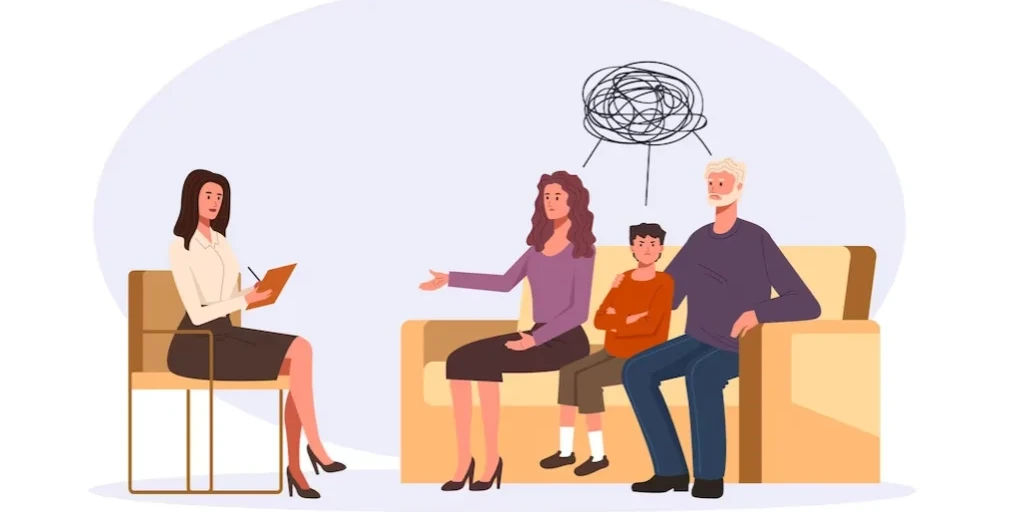24/7 Helpline:
(866) 899-221924/7 Helpline:
(866) 899-2219
Learn more about Dual Diagnosis Rehab centers in Natrona County
Dual Diagnosis Rehab in Other Counties

Other Insurance Options

Humana

State Farm

WellPoint

PHCS Network

Ceridian

Holman Group

Amerigroup

Evernorth

MHNNet Behavioral Health

Premera

BHS | Behavioral Health Systems

Coventry Health Care

Covered California

Aetna

Absolute Total Care

Cigna

Kaiser Permanente

Access to Recovery (ATR) Voucher

American Behavioral

BlueShield

Wyoming Recovery
Wyoming Recovery in Casper, Wyoming stands as a reputable addiction treatment center for individuals...

Central Wyoming Counseling
Central Wyoming Counseling (CWC) is a reputable dual-diagnosis substance abuse treatment center in C...

Transitions Family Counseling and Mediation Center
Transitions Family Counseling and Mediation Center is a private rehab located in Casper, Wyoming. Tr...






































































































Day Reporting Center
Day Reporting Center is a private rehab located in Casper, Wyoming. Day Reporting Center specializes...

12 – 24 Club
12-24 Club is a community resource for groups and individuals seeking for recovery with an attitude ...

The Woman’s Heart
The Woman’s Heart is a private rehab located in Casper, Wyoming. The Woman’s Heart specializes in th...

Sunrise Resources Center
Sunrise Resources Center is a private rehab located in Casper, Wyoming. Sunrise Resources Center spe...

Reflections
Reflections is a private rehab located in Casper, Wyoming. Reflections specializes in the treatment ...

Wyoming Behavioral Institute
Wyoming Behavioral Institute is a drug and alcohol rehab located in Casper, Wyoming. They provide me...

New Horizons
New Horizons is a private rehab located in Casper, Wyoming. New Horizons specializes in the treatmen...

Stepping Stones Counseling
Stepping Stones Counseling is a private rehab located in Casper, Wyoming. Stepping Stones Counseling...

Dewey Skansberg and Associates
Dewey Skansberg and Associates is a private rehab located in Casper, Wyoming. Dewey Skansberg and As...

Alcohol and Drug Treatment Services
Alcohol and Drug Treatment Services is a private rehab located in Casper, Wyoming. Alcohol and Drug ...

AA – Alcoholics Anonymous
AA – Alcoholics Anonymous is a non-profit rehab located in Casper, Wyoming. AA – Alcoholics Anonymou...














































